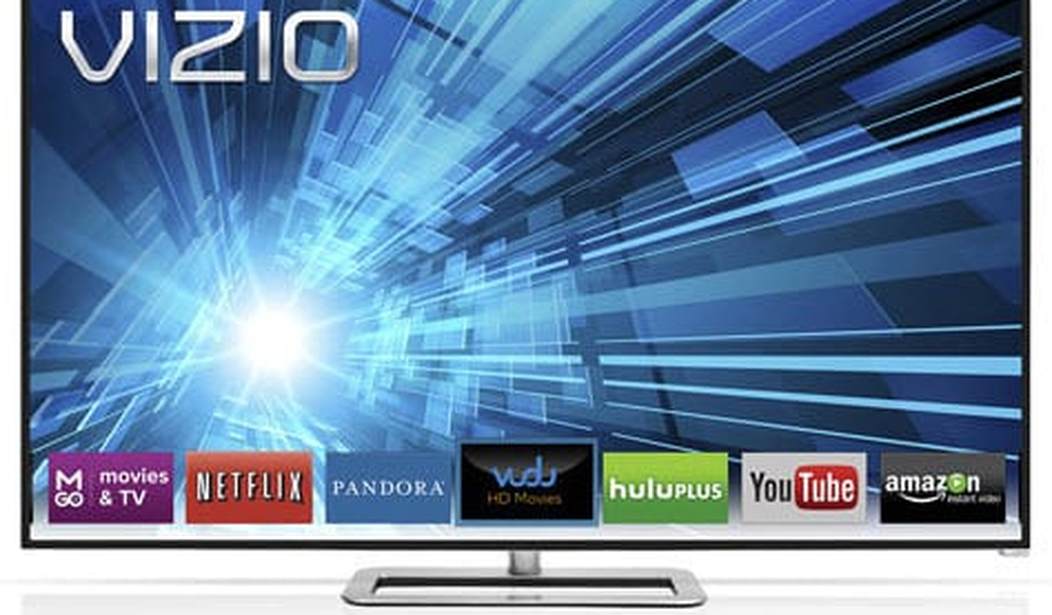We’ve been warned about bringing devices into our home that have cameras, microphones or WiFi that are connected to the outside world. Why? Because any one of the devices has the capability to collect data about us. And with advertisers and other organizations willing to pay for personal information, it’s tempting for device makers to try to earn extra profits.
The consumer electronics hardware business has become highly competitive with so many similar products that do much the same, so the manufacturers are trying to find ways to increase their revenue through software subscriptions or by collecting data that they can sell to others.
What kind of devices? Pretty much anything that’s connected to the cloud via WiFi and the Internet, from your phone, or over your cable. Examples include home alarm systems, thermostats, security cameras, lighting, smart speakers, and even televisions. While we always knew such things were possible, many dismissed the likelihood of it ever happening. But now some of those concerns are coming true.
The popular TV maker Vizio began in 2014 to incorporate software into its TV sets to collect information about our viewing habits on a second-by-second basis. Then, working with a data analytics company, they were able to associate that data with very detailed and specific personal information of the viewers. Yes, Vizio sold you a TV set and turned around and spied on you as a thank you for your business!
Vizio installed the software on 11 million TV sets without ever asking for permission or informing their owners that they were collecting the data. After a lawsuit was filed by the FTC and the state of New Jersey, Vizio settled and paid a fine of $2.2 million.
In a release on their Website, the FTC said:
The stipulated federal court order requires VIZIO to prominently disclose and obtain affirmative express consent for its data collection and sharing practices, and prohibits misrepresentations about the privacy, security, or confidentiality of consumer information they collect. It also requires the company to delete data collected before March 1, 2016, and to implement a comprehensive data privacy program and biennial assessments of that program.
In addition, VIZIO facilitated appending specific demographic information to the viewing data, such as sex, age, income, marital status, household size, education level, home ownership, and household value, the agencies allege. VIZIO sold this information to third parties, who used it for various purposes, including targeting advertising to consumers across devices, according to the complaint.
VIZIO touted its “Smart Interactivity” feature that “enables program offers and suggestions” but failed to inform consumers that the settings also enabled the collection of consumers’ viewing data. The complaint alleges that VIZIO’s data tracking—which occurred without viewers’ informed consent—was unfair and deceptive, in violation of the FTC Act and New Jersey consumer protection laws.
Unfortunately, Vizio wasn’t required to admit any guilt and spun the settlement, as many companies caught often do, to praise themselves: Vizio’s Jerry Huang said, “Going forward, this resolution sets a new standard for best industry privacy practices for the collection and analysis of data collected from today’s internet-connected televisions and other home devices.”
If you have a Vizio TV, you can check if you’re affected by opening the TV’s Settings menu and looking for a reference to ACR or “automated content recognition.” Or better yet, call them at 877-698-4946 and ask them to remove your personal information.









Join the conversation as a VIP Member